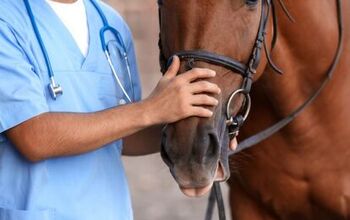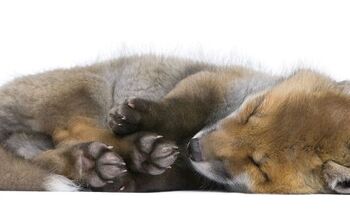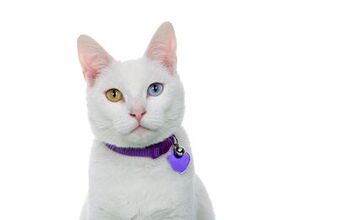How to Recognize an Overheated Horse

While countries worldwide are recording the hottest summers to date, it’s undeniable that the heat of the sun is becoming unbearable to creatures of all shapes and sizes. Due to this, sunstroke and overheating have become very real threats. Just like humans, horses are also susceptible to overheating, especially during strenuous activities or in hot weather. Overheating, also known as heat stress or heat exhaustion, can pose serious health risks to a horse, even leading to life-threatening conditions if not addressed promptly. Knowing the signs of an overheated horse is crucial for all horse owners, riders, and caretakers to ensure the animal’s well-being. So here are some key indicators that your horse might be overheating.
Heavy Breathing
One of the first signs of overheating in horses is rapid, heavy breathing. While an increased breathing rate is normal after physical activity, an overheated horse will continue to breathe heavily for an extended period, even after resting. This is the horse’s way of trying to cool down by expelling excess heat through its respiratory system. If you notice that your horse’s breathing doesn’t slow down after several minutes of rest or if it’s struggling to catch its breath, this could be a sign of heat stress.
Excess Sweat
Sweating is a horse's natural mechanism for cooling itself down, but excessive sweating can indicate overheating. You may notice large amounts of sweat, especially in areas such as the neck, chest, flanks, and behind the ears. In some cases, an overheated horse may even stop sweating, which is a critical warning sign. If your horse is sweating profusely or has suddenly stopped sweating despite high temperatures or activity, it’s time to take action.
Elevated Heart Rate
A horse’s heart rate typically increases with exercise, but in an overheated horse, the heart rate remains elevated long after the activity has stopped. You can check your horse’s heart rate by placing your fingers under the jaw or at the horse’s girth area. A resting heart rate that stays above 60 beats per minute for more than 10 minutes is cause for concern.
Lethargy and Weakness
Overheated horses often become lethargic and may appear weak or disoriented. They might be slow to respond to commands, stumble, or have difficulty standing. If your horse seems unusually tired or is moving sluggishly, especially after exertion in hot conditions, this is a potential sign of overheating.
Loss of Appetite and Thirst
An overheated horse may lose interest in food and water, which is particularly dangerous since dehydration can worsen the situation. If your horse refuses to drink water or eat, it may be because it is already experiencing the effects of heat stress.
Dry and Sticky Mucous Membranes
Check your horse’s gums and the inner lining of its mouth. In a healthy horse, these membranes are moist and pink. In an overheated horse, the membranes may feel dry or sticky and appear pale. This is a sign of dehydration and should be treated immediately.
Muscle Stiffness and Tremors
Muscle tremors, stiffness, or shaking can be symptoms of an overheated horse. These physical reactions occur because the horse’s body is struggling to regulate its temperature. If you notice your horse shaking or its muscles twitching uncontrollably, take immediate steps to cool it down.
If you notice any of these signs of overheating, you need to act quickly. Remember that horses can be surprisingly sensitive, and every moment can make a big difference in the outcome. So, if your horse is overheating, you should quickly move them to a shaded and cool area. This will prevent further exposure to heat. Next, you should offer them water and encourage them to drink. However, do not force them to drink, as it can cause more damage than good.
You’d also want to cool the horse down and spray them with cool (but not icy) water, focusing on the large blood vessels around the neck, chest, and legs.
Next up, walk the horse slowly to help blood circulation and dissipate heat. When they show signs of stabilization, monitor their vitals. This includes heart rate, breathing, and the color of their gums. In the case that their symptoms don’t improve, you should definitely call a vet.
Of course, as a caring horse owner, you should do anything you can to prevent overheating in the first place. And one of the ideal ways to do this is by using a simple outdoor shade if you don’t have one already. Your horse will be thankful for it all year long!

A proud mama to seven dogs and ten cats, Angela spends her days writing for her fellow pet parents and pampering her furballs, all of whom are rescues. When she's not gushing over her adorable cats or playing with her dogs, she can be found curled up with a good fantasy book.
More by Angela Vuckovic

























